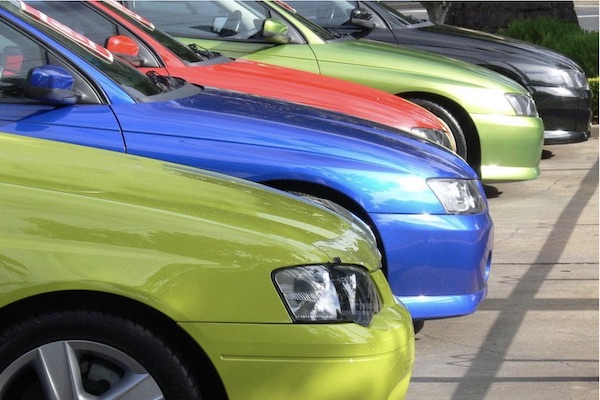Media post: When and Where to Buy Used Cars: 10 Mistakes You Don’t Want to Make

Purchasing a car is a rewarding experience, but there are many things to consider when you are looking into purchasing a used car. There are approximately 40 million used vehicles sold in the US every year. For many years, the used vehicle market has had a somewhat mixed response because of the perception of used car salesmen being fast talkers that sought to part unsuspecting shoppers from their money.
While this point of view doesn’t reflect the industry as a whole, there are definitely some things to be cognizant of when buying a used car. In this guide, we will cover ten mistakes that you should be careful not to make when purchasing a used vehicle.
- Failure to Shop for Financing Options
If you rush to go to a dealership and accept their financing options instead of seeking financing from a financial institution, you will never know what savings you could be missing. The 3.5 percent you are quoted from the dealership may sound good, but you may have gotten 2.9 from your bank. Know your options.

- Haven’t Researched Vehicle Safety and Fuel Economy
Car salespeople are often incorrect when they give fuel economy and vehicle safety statements. It is up to you to know the facts about the vehicles that have your interest. It only takes a moment to research the safety and fuel efficiency parameters of a particular model.
- Insufficient Test Drive
Don’t just assume that you know how a vehicle will drive, or that you can just drive around the block and know what type of performance to expect from the vehicle.
- Using Sticker Price to Start Negotiations
The sticker price is not the price that you should begin the negotiations with; this is the manufacturer’s suggested retail price (MSRP). The MSRP doesn’t take into account dealership and other discounts that can add up to as much as $10,000 less than the MSRP.

- Persuaded by Incentives
Many car shoppers make the mistake of thinking that there is a benefit to all of the incentives that they are being sold if they act immediately. Dealerships will tell you that you can get a host of benefits like free oil changes and car washes if you purchase that same day. The truth is that those incentives will still be there tomorrow.
- Letting Your Emotions Get Involved
One of the worst mistakes you can make when buying a car is falling in love with a vehicle before you buy it. The salesperson is trained to get you to become emotionally attached to the vehicle; this will cloud your judgment.
- Failed to Research Your Car’s Trade-In Value
If you are trading in your vehicle, not knowing what the actual value of your car is a huge mistake. It is common for dealerships to offer far less for trade-ins than they are worth. Research the value of your make and model before going to the dealership.
- Using a Set Monthly Payment Goal as Determining Factor
When you are looking to find a used car in your area, you may have a set monthly payment that you are aiming for. If you share that you have a monthly payment goal with the salesperson, they can find a variety of ways to reach that goal, many of which will result in unnecessary price hikes.

- Getting All the Bells and Whistles
There are always extras that the dealer will try to sell you. This may range from mud flaps to automatic starter installation. These extras tend to be sold for more than they are worth, and at times, they may impact the car’s value.
- Rushed to Purchase without Thinking it Over
The dealer is trained to put pressure on the buyer to make the purchase right away. Do not fall for pressure sales tactics. Rushing into a purchase can easily result in making a mistake you will regret in the future. Take the time to sleep on your decision, and wake up knowing whether or not the deal is for you.
Conclusion
As you can see, there are a host of pitfalls that a used car buyer can fall victim to if they are not cautious. The used car industry is full of people that are very convincing and seem to have your best interest at heart. While this may be true in some cases, the primary objective of the dealer is to sell vehicles. Do yourself a favour and enter the process with insight and knowledge.



